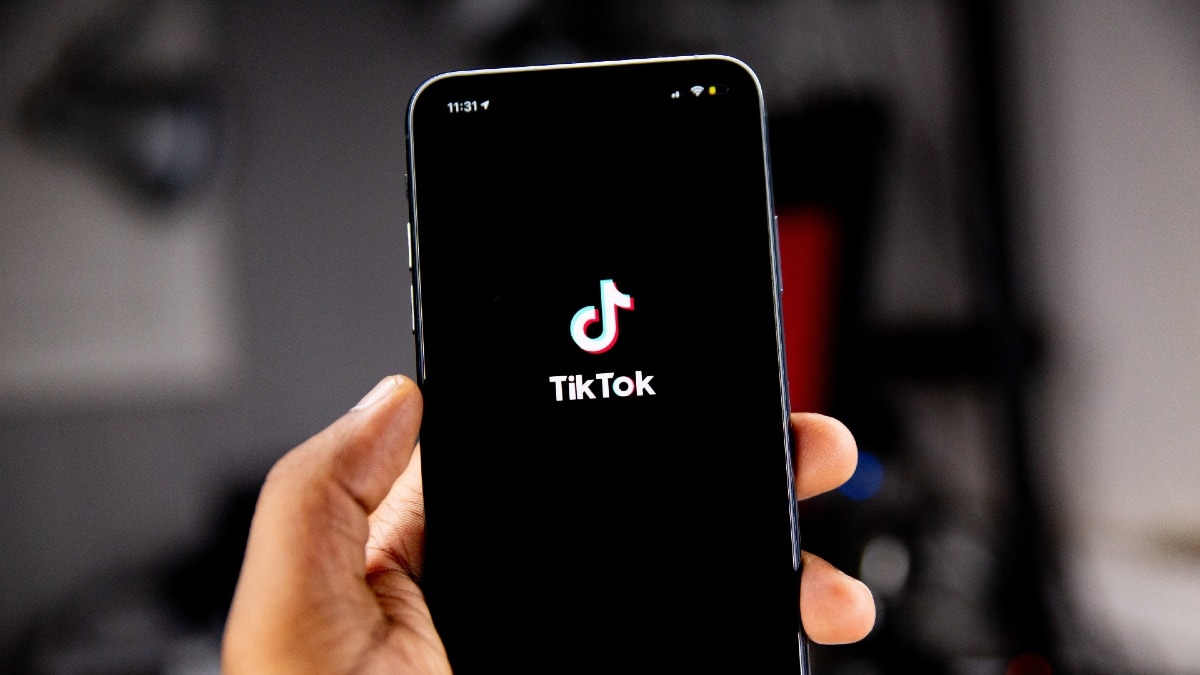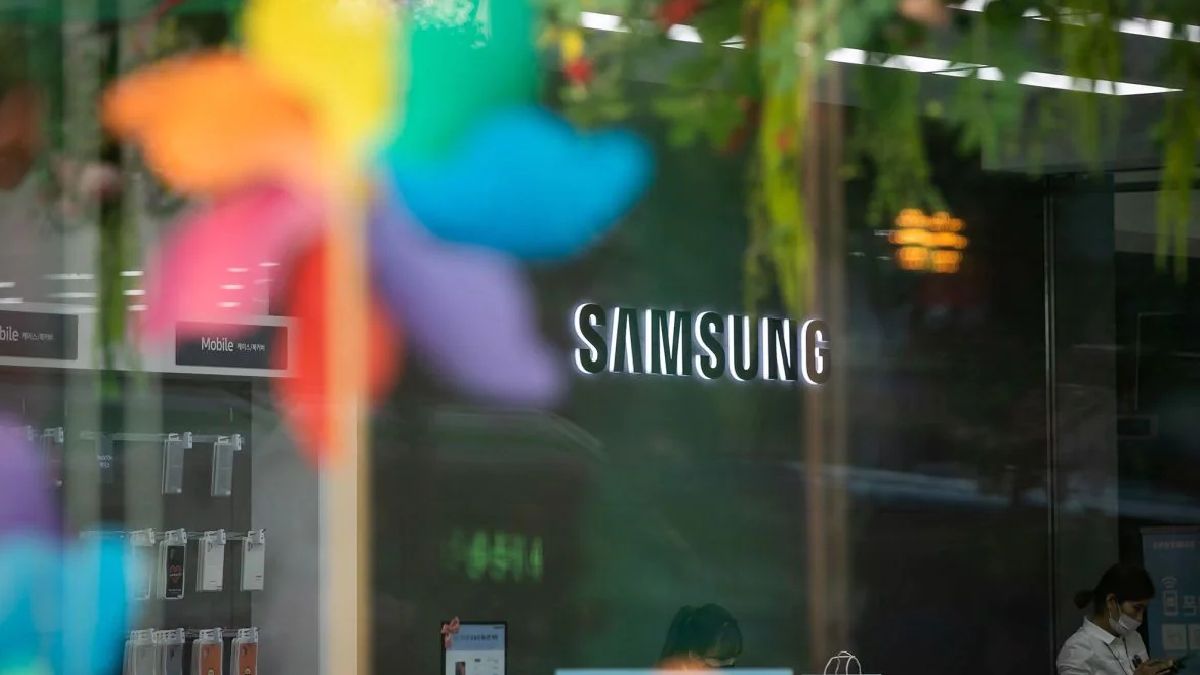TikTok Fined RUB 3 Million for Violating Russian Law Against Spreading LGBT Propaganda
A Russian court on Tuesday fined ByteDance-owned TikTok RUB 3 million (roughly Rs. 41,50,000) over the social media platform’s refusal to delete content Russian authorities say violates laws against spreading “LGBT propaganda.”
News agencies reported that the case against TikTok was based on accusations that the company was “promoting non-traditional values, LGBT, feminism, and a distorted representation of traditional sexual values” on its platform.
Russia is considering expanding its existing “gay propaganda” law, passed in 2013, which bans any person or entity from promoting homosexual relationships to children. Lawmakers have argued the law should be expanded to include adults as well and fines for exposing minors to “LGBT propaganda” should be increased.
TikTok, found guilty of an administrative offence for failing to delete prohibited content, did not immediately respond to a request for comment.
Interfax reported that a TikTok representative in the courtroom had insisted the proceedings be terminated, without giving further details.
The fine marks the latest step in Moscow’s long-running dispute with Big Tech, with fines over content, demands over data storage and some outright bans all throttling the influence and reach of Western firms in the country.
Russian authorities say they are defending morality in the face of what they argue are un-Russian liberal values promoted by the West, but human rights activists say the law has been broadly applied to intimidate Russia’s LGBT community.
In August, a Russian court fined streaming service Twitch RUB 2 million (roughly Rs. 26,21,100) as it hosted a short video which is claimed to contain “fake” information about alleged war crimes in the Ukrainian town of Bucha. Previously, Russia has also repeatedly threatened to fine other social platforms — including Google, Twitter and Wikipedia — which has been accused of hosting “fake” content related to its military campaign in Ukraine.
© Thomson Reuters 2022
Check out our Latest News and Follow us at Facebook
Original Source







